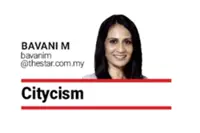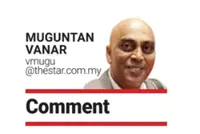We’ve all come across strangers on social media platforms parroting conspiracy theories in the comments section.
When they are people you don’t know, it is easy to dismiss them but when they are people you know and care about, addressing the issue becomes tricky.





